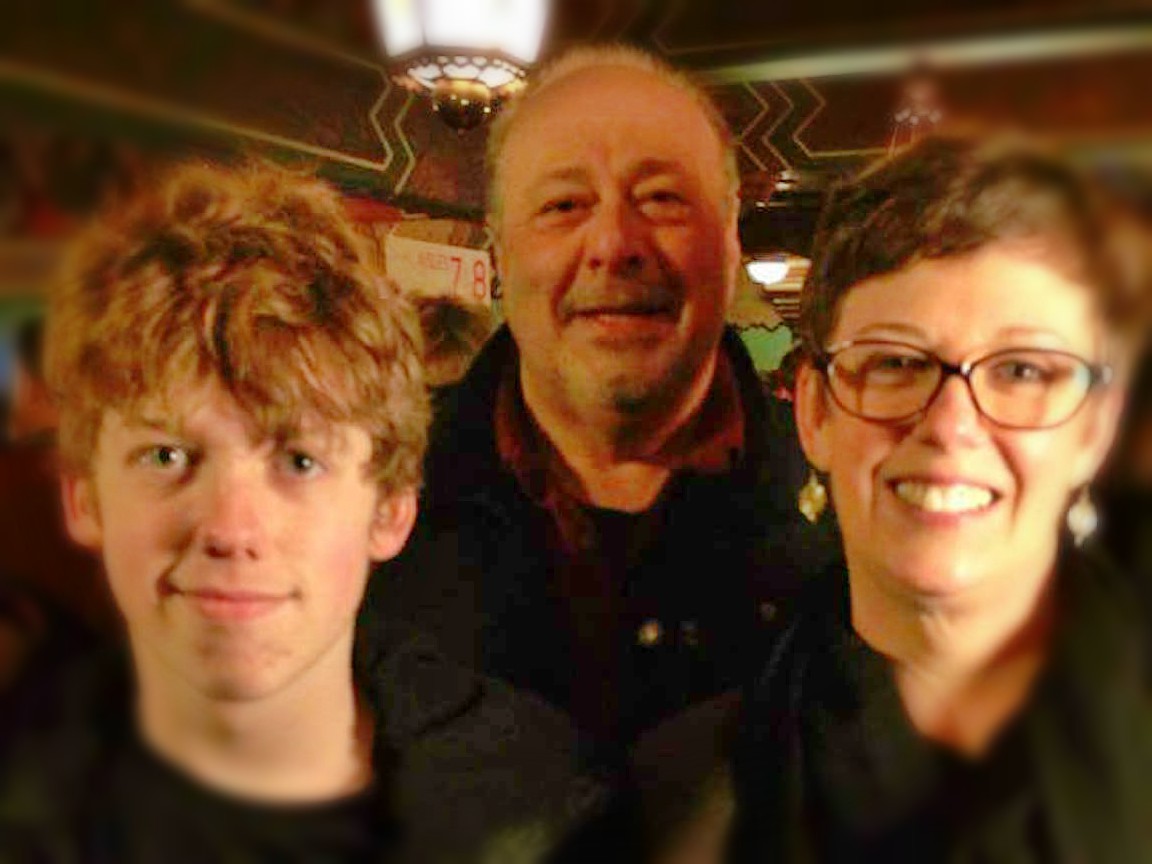New survivors of suicide loss often wonder if healing is even possible. And they fear that “being okay” equates to the death of their loved ones being okay. (Not true). Recently I talked to a group of long-term survivors about healing – what it is, how it looks, and how we navigate it. They generously shared insights about how their lives had changed over time, which I share now with you.
One survivor said: “Healing for me was the slow return of my senses. When I could actually begin to see, smell, taste, hear, and feel again. When the love I feel for my son was more in balance again with the love I feel for others.”
Another survivor, who also lost a son, described healing as when you can talk about the person and/or the way they died without falling apart or experiencing anxiety. “Healing is when their death doesn’t have a negative influence on your day-to-day living or occupy your thoughts 24/7, when memories aren’t met with tears, and when seeing/touching their belongings doesn’t bring you to your knees. Anniversaries aren’t filled with the same level of anxiety as before, and memories don’t hover in the back of your mind all the time to jump out when least expected.”
The earliest signs of healing may go unnoticed. Eating, washing/styling hair, wearing makeup, leaving the house, not having a panic attack, not crying during the day – all are signs of healing. As time passes thoughts turn to “Now what?” Sometimes our children move us forward. “I found myself seeking ways to return to life and living, venturing out, joining a widows’ club, planning ahead a little, and envisioning a future. I tried harder and wanted to return to life.”
What is healing? I asked the group. “When you can laugh again. Giving yourself permission to be happy. When you can see joy in your life. When you can function without your every thought being about your loved one. It is realizing you will always miss them but you can go on living a decent life.”
Three to five years out from the loss brought a “real shift” for a woman who lost her husband. “Truly believing I could still have a happy future, I toyed with the idea of another relationship. I no longer felt my kids were in danger and saw they could have a happy future, too.”
In another couple of years, the widow continued, the kids are finally grown up and independent. “My focus was no longer just on them. I know for a fact I will and have survived. Confident that we are over the worse, I have a sense of pride and accomplishment in how we’ve coped and what we have achieved.” Despite a “Mega What Now?” moment, another feeling triumphs: the best is yet to come.
The theme of joy kept coming up in the conversation. “Healing is accepting you will miss the person you lost forever but realizing you will have joy and happiness in life. It is a duality. That is a word I have heard recently and it resonates with me. The biggest part of healing for me is that when a grief wave creeps up, I know without a shadow of a doubt that I will survive. I know it will pass and joy and happiness will reign. I know it for a fact. That is true healing.”




